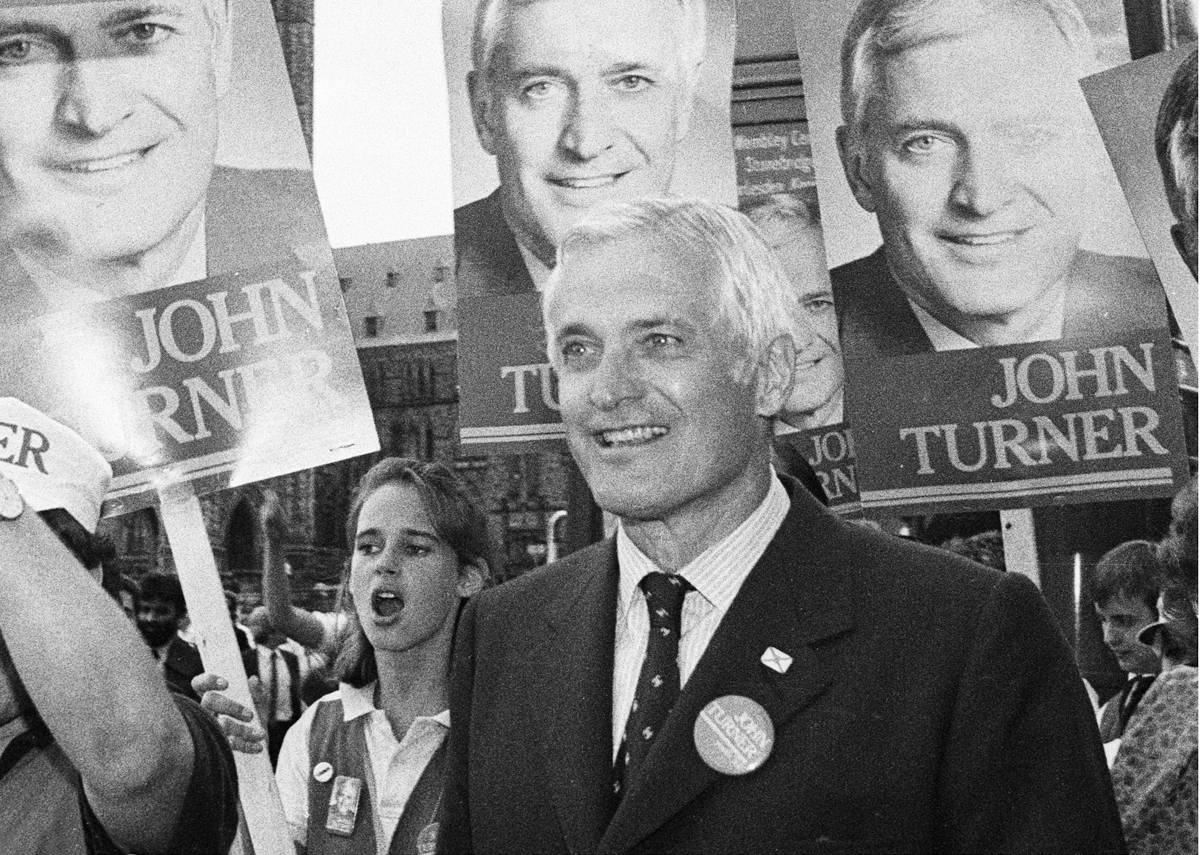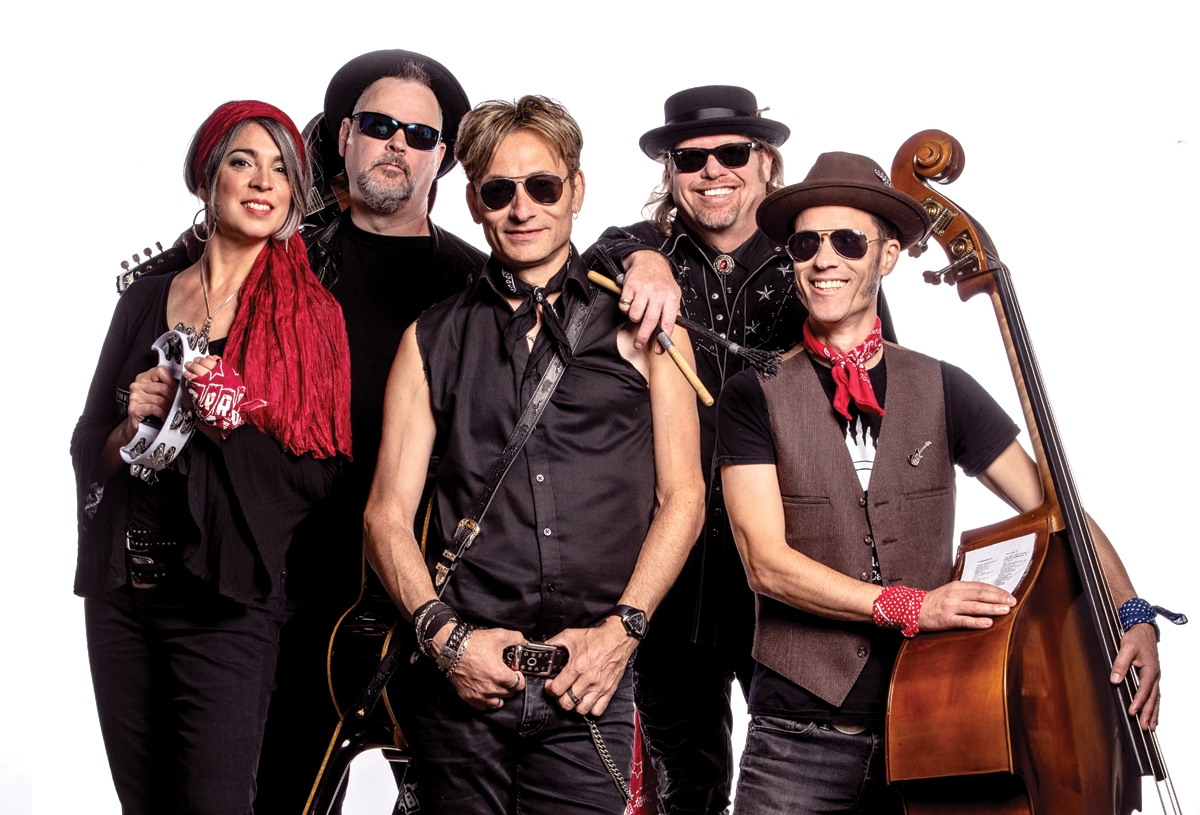
Ottawa’s big change election yet three candidates running unopposed.
ABOVE: Laura Dudas, Rawlson King, and Tim Tierney will all be acclaimed if nobody steps up to run against them. (PHOTO: VIA OTTAWA.CA)
With seven days left, the deadline to register to run for municipal elections in Ottawa is fast approaching. This election year will see the most dramatic turnover Ottawa City Council has had in a long time.
The long-serving councillor for Gloucester-Southgate, Diane Deans, is not seeking re-election, nor is she running for the job of mayor as she had initially planned. Eli El-Chantiry is not running for his long-held council seat; neither are six other councillors. Some councillors, like Scott Moffat, are looking forward to getting out of political office. The Councillor for Rideau-Goulbourn jokingly changed his Twitter bio to “future former politician.” Other council members, like Carol Anne Meehan, dropped out unexpectedly.
But in this climate of change, some returning councillor are running without any opposition—odd, given the heightened frustration of citizens due to issues plaguing Ottawa: Climate Emergency, Homelessness Crisis, Fentanyl Crisis, and public transit mess, to name a few. If Ottawa residents want further change, why aren’t more presenting themselves as candidates to run?
Three of Ottawa’s more notable councillors are running unopposed for re-election. The first candidate likely to run without opposition, unless someone decides to put up a challenge, is Deputy Mayor Laura Dudas, who represents Innes Ward. Dudas, a ‘Watsonite,’ is highly supportive of the soon-to-be former mayor and will be backing mayoral candidate Mark Sutcliffe by the looks of her regular Tweets. Dudas comes from a background working as a journalist in Cambridge and Stratford before moving to Ottawa to write for the Sun. That she is running unopposed is not entirely surprising, as Deputy Mayor Dudas was modest and professional. However, she was elected in 2018 with only 41 per cent of the total vote, a margin that would be impressive in a federal election, but in city politics, it is less so.
Ottawa’s first Black councillor, Rawlson King, is also running unopposed. King is councillor for Rideau-Rockliffe and was elected in 2019 in a highly contested by-election against 16 other candidates. King pulled in just over 18 per cent of the vote and won by a mere 123 ballots. King is not in the Watson camp and was endorsed in the 2019 by-election by Catherine McKenney, Shawn Menard, and Clive Doucet.
King served on the Police Services Board until his resignation in response to the removal of Diane Deans in the aftermath of the Freedom Convoy. He is generally relatively quiet on social media, but he actively used Twitter during the May 2022 power outages to keep residents updated on the situation. That there is an absence of opposition to his reelection is surprising given that King faced so many challengers in 2019 and won by a razor-thin margin. However, King has been a competent and respected member of the Council even though he is often on the outs with the Watson club.
Beacon Hill-Cyrville Ward Councillor Tim Tierney is the final councillor running unopposed. In 2018, Tierney ran against Michael Schruter, who stepped into the race late in the game. Tierney offered to make a donation to the Ottawa Food Bank in exchange for Schruter stepping out of the race, which resulted in the councillor being charged with corrupt election practices. Instead of going to trial, an agreement was reached: Tierney forfeited two months’ salary and made an apology. Despite his transgressions, Tierney won the two previous elections with over 80 per cent of the vote.
The races for a seat in municipal government are already becoming quite heated on social media, with new candidates that have the support of incumbent councillors and mayoral candidates gaining steam.
A few notable races are: in Centertown, Ariel Troster is running a blitz campaign regularly canvassing to succeed Catherine McKenney and seems to be gathering momentum; likewise, Laine Johnson, the former director of tenant and community engagement at the Centretown Citizens Ottawa Corporation, is picking up steam in her efforts to take on Rick Chiarelli in College Ward; and Laura Schantz, who many will recognize from her work with the advocacy group Ottawa Transit Riders, is running for to replace Mathieu Fleury in Rideau Vanier, and appears anecdotally to be a popular candidate.
For the most part, progressive candidates are running in the downtown core, and progressive change may be what the citizens of Ottawa get in the fall election. Yet, more removed from the downtown area, it appears that the Watson-club candidates are more stable than residents may have expected, given the debacles in the last term in Council.
By the end of next week, we will see if anyone else throws their hat into the ring; either way, it will be an election that will drastically reshape Ottawa’s political landscape.









